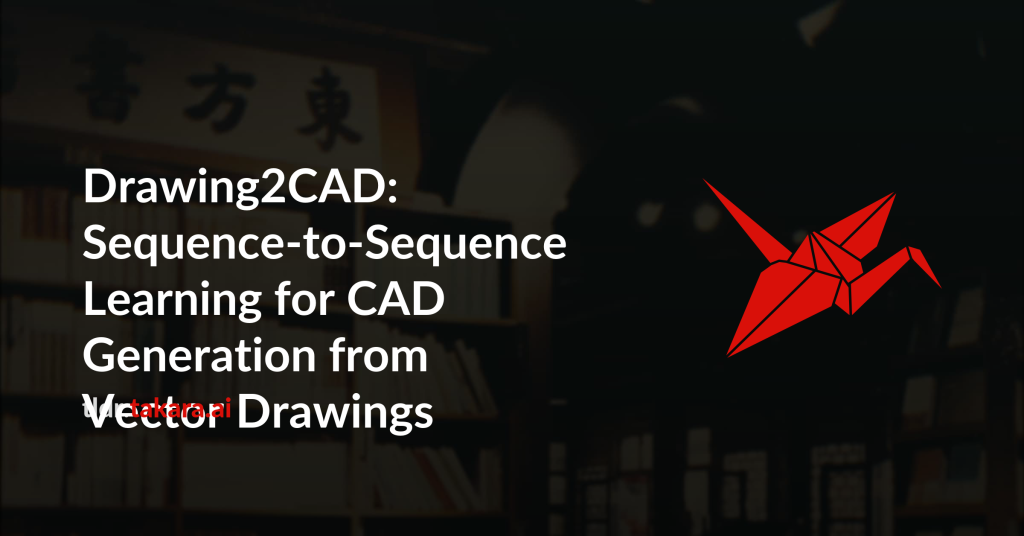Computer-Aided Design (CAD) generative modeling is driving significant
innovations across industrial applications. Recent works have shown remarkable
progress in creating solid models from various inputs such as point clouds,
meshes, and text descriptions. However, these methods fundamentally diverge
from traditional industrial workflows that begin with 2D engineering drawings.
The automatic generation of parametric CAD models from these 2D vector drawings
remains underexplored despite being a critical step in engineering design. To
address this gap, our key insight is to reframe CAD generation as a
sequence-to-sequence learning problem where vector drawing primitives directly
inform the generation of parametric CAD operations, preserving geometric
precision and design intent throughout the transformation process. We propose
Drawing2CAD, a framework with three key technical components: a
network-friendly vector primitive representation that preserves precise
geometric information, a dual-decoder transformer architecture that decouples
command type and parameter generation while maintaining precise correspondence,
and a soft target distribution loss function accommodating inherent flexibility
in CAD parameters. To train and evaluate Drawing2CAD, we create CAD-VGDrawing,
a dataset of paired engineering drawings and parametric CAD models, and conduct
thorough experiments to demonstrate the effectiveness of our method. Code and
dataset are available at https://github.com/lllssc/Drawing2CAD.

